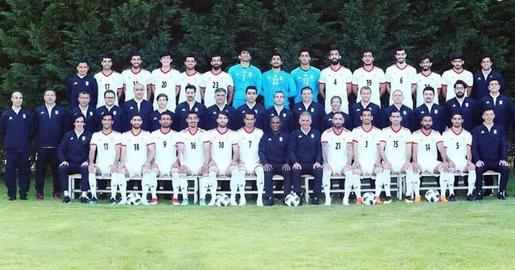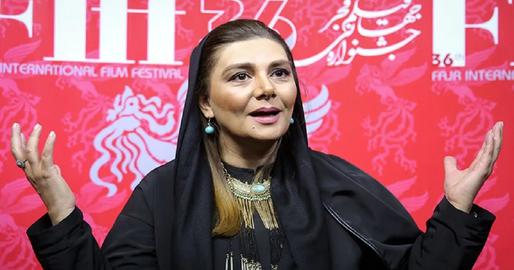Iran’s national team, or “Team Melli”, has qualified for the World Cup for the sixth time. Going to the tournament has always been celebrated and for 30 years has been a source of pride for the Iranian people. Even people with no interest in football would follow Iran’s progress at the World Cup and cheer on the side.
But this time, after the past two months of intensifying street protests in Iran, the mood is different. Now the Iranian people are not aligned with their team – at least not so far.
The team faces challenging matches. Iran’s Group B will face England today, then Wales, and finally the United States; with both England and the US in the group, it is one of the most political sets of fixtures Iran has ever faced.
Football is both popular and political in Iran – as it is in many places – and political interference in the sport has been the norm since the 1979 Islamic Revolution. Top footballers are expected to toe the line on all matters, including any unrelated to sport, or to at least remain silent.
But do Iran’s players have any plans for today's match against England?
Iranians have been burning footballers’ portraits and attacking their social media accounts for their silence over the nationwide anti-government protests that have rocked Iran since September. Players such as Mehdi Taremi, Alireza Jahanbakhsh, Ehsan Hajsafi, Karim Ansarifard, or even Saman Qoddos, who lives outside Iran, were all targeted.
The sharpest example of popular disaffection with a national footballer was Alireza Jahanbakhsh, because he posted an upbeat photo to his Instagram on his return to Iran, even as anti-riot squads were killing protesters on Iranian streets.
And photos of two other players, Roozbeh Cheshmi and Alireza Biranvand, seen bowing before Iran’s President Ibrahim Raisi, have also outraged Iranians.
The team still also has its fans. During several state-sponsored demonstrations last week, with Basij paramilitary forces and Islamic Revolutionary Guards Corp forces also present, in different Iranian cities, these pro-regime citizens chanted slogans in support of the football team.
Many Iranians, however, insist that their national footballers have deliberately remained silent about recent events – to placate elements of the security forces who are with them at the Qatar World Cup. But many also believe, or at least hope, that they will surprise the world with a special show of solidarity today before the match.
And what about Carlos Queiroz? The Portuguese head coach of the Iranian national team, brought back just weeks ago after a previous stint, is now seen as more than just the head coach; for many, he is an ambassador of the embattled Islamic Republic. (He returned to the role just two weeks after the September 16 murder of Mahsa Amini.) His previous management of the Colombia and Egypt teams ended in failure but he continues to enjoy support in Iranian football.
Once back in the fold, at a meeting with President Raisi, Queiroz did not hold back; instead, he used elaborate and exaggerated language to thank Raisi for inviting him back to Iran.
When Queiroz signed his new contract with, Colombia's Bolavip newspaper wrote: "When you feel disappointed, think of Carlos Queiroz who, despite failing with two teams to qualify for the World Cup, will lead Iran in the World Cup.”
But the world is watching. One Sky Sports journalist asked Queiroz, in Qatar, how he felt about taking a salary from a government that oppresses women. Queiroz replied by asking the reporter how much Sky would pay him to answer the question. The coach also asked whether the journalist had any thoughts on asylum seekers in the United Kingdom.
A day later, Iran’s sports minister, Seyed Hamid Sajjadi Hazaveh, said Queiroz was a “lion” who was protecting the Iranian national team.
And in the past, during the 2015 Asian Nations Cup and the 2018 World Cup in Russia, Queiroz has also criticized what he called "cruel Western sanctions against Iran”.
visit the accountability section
In this section of Iran Wire, you can contact the officials and launch your campaign for various problems

























comments